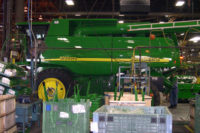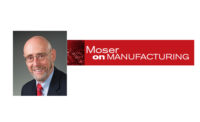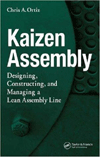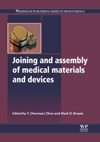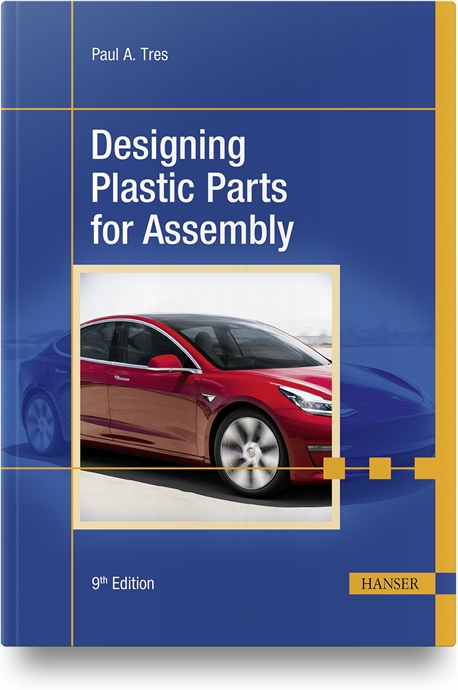According to the Boston Consulting Group Inc. (BCG), production of 10 percent to 30 percent of U.S. imports from China in these industries, which account for approximately 70 percent of goods that the U.S. imports from that nation, could shift to the United States before the end of the decade.
“Not long ago, many companies regarded China as the low-cost default option for manufacturing,” says Michael Zinser, a BCG partner who leads the firm’s manufacturing work in the Americas. “[Today], companies are coming to the conclusion that the U.S. is more competitive when the total costs of manufacturing are accounted for.”
ASSEMBLY’s 2012 State of the Profession survey reflects that trend. For instance, 35 percent of respondents in the plastics and rubber products industry claim that their company has reshored assembly operations during the past 12 months. Other industries that have shifted work back to the states include transportation equipment (34 percent), fabricated metal products (18 percent), electrical equipment and appliances (16 percent) and machinery manufacturing (16 percent).
That trend is expected to continue well into the future. Twenty-two percent of assembly professionals in the transportation equipment sector expect their company to reshore operations during the next 12 months. Other industries that expect to reshore include electrical equipment and appliances (21 percent), machinery (18 percent), and plastics and rubber products (18 percent).
All sizes of manufacturers are actively pursuing reshoring initiatives. In fact, almost one-quarter (23 percent) of mid-sized manufacturers (companies with 250 to 500 employees) plan to shift assembly operations back to the states during the next 12 months vs. 21 percent of small manufacturers (companies with less than 50 employees) and 9 percent of large manufacturers (companies with 1,000 or more employees).





